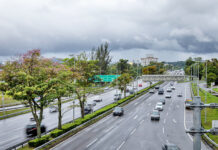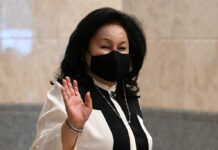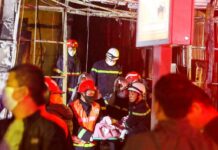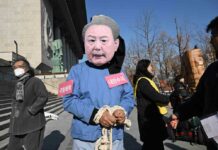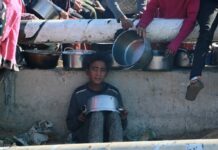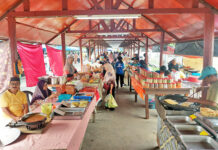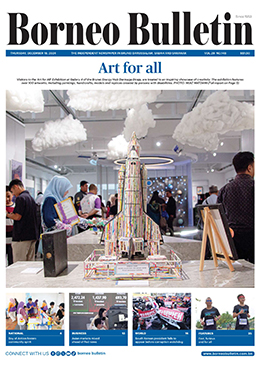BEIJING (AP) – China’s Cabinet ordered rural areas yesterday to prepare for the return of migrant workers for the holiday season in hopes of preventing a major surge in COVID-19 cases in communities with limited medical resources.
Returnees must wear masks and avoid contact with elderly people and village committees must monitor their movements, the guidelines said, but didn’t mention the possibility of isolation or quarantines.
China last week eased some of its COVID-19 containment measures and now said it shifted focus from prevention and control to treatment.
The moves sparked fears of a surge in cases, particularly around the holiday travel rush when tens of millions take to trains, buses and planes for what may be their only trip home all year.
The upcoming Lunar New Year falls on January 22, but migrants generally begin heading home two weeks or more in advance. Some Chinese universities said they will allow students to finish the semester from home to help spread the travel rush out and reduce the potential for a bigger COVID-19 outbreak.
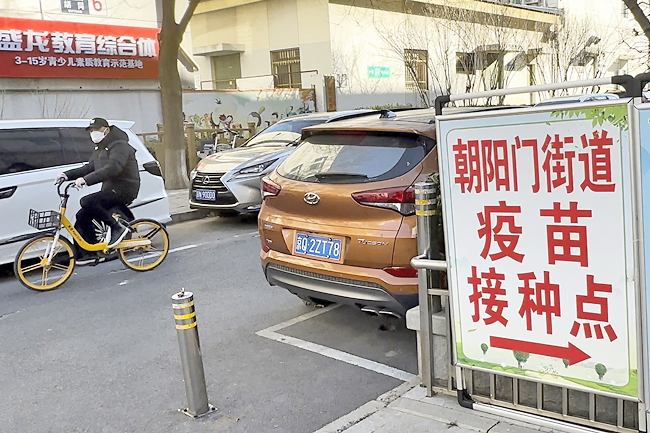
Medical resources in smaller cities and rural communities, which are home to some 500 million of the nation’s 1.4 billion people, lag far behind those of large cities such as Beijing and Shanghai. Rural medical infrastructure includes 17,000 county-level hospitals – many of which lack even a single ICU bed – 35,000 township health centres and 599,000 village clinics.
China has been pushing to increase the number of fever clinics in rural areas to treat those with COVID-19 symptoms. Currently, some 19,400 such clinics or consulting rooms operate in communities and townships around the country, state media reported yesterday.
By March 2023, about 90 per cent of health centres at the township level will have fever clinics, head of primary health at the National Health Commission Nie Chunlei said at a news conference on Thursday.
“This will effectively enhance the capability of primary-level healthcare institutions to receive patients with fever,” said Nie, who also urged stocking of medicines and antigen test kits, many of which have become scarce even in major cities.
The lifting of some travel regulations has spurred both relief and anxiety over the level of preparedness for the abrupt about-face.
Health experts said publicly China will face a peak of infections in the next month or two and is trying to persuade seniors and others most at risk to get vaccinated.
Under the relaxed rules, obligatory testing is no longer required and people with mild symptoms are permitted to recover at home.
The government also stopped announcing asymptomatic case totals earlier this week, saying an accurate count was impossible. The results of home tests also won’t be captured.




